At least once in a lifetime, every person has encountered such a rather unpleasant symptom as pain in the stomach. A variety of factors can provoke its appearance, including poor-quality nutrition and stressful situations. A person experiences a lot of discomfort when his stomach hurts. What to drink, what pills can you take to relieve this pain? After all, usually a person immediately looks for help in such a situation in a first-aid kit.
The stomach is one of the main elements of the digestive system. It is he who is responsible for the breakdown and mixing of food, preparing for the absorption of various nutrients into the tissues of the body. If it fails, then the body is left without a full-fledged source of nutrition. That is why it is important to take care of the stomach and pay a lot of attention to it.
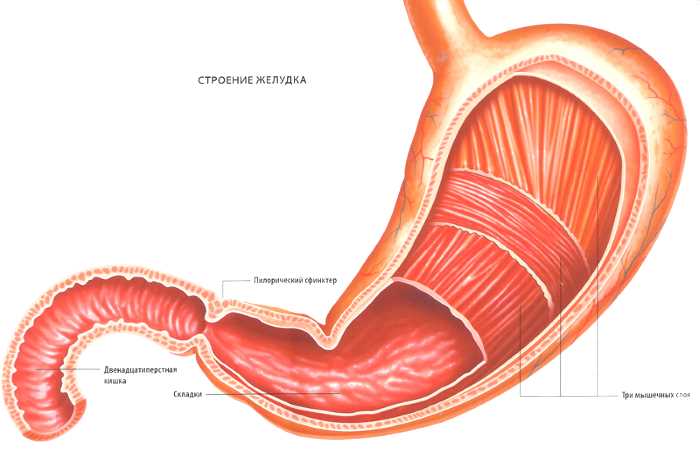
One of the main symptoms that tell you that the stomach is not in order is a feeling of pain. A large number of factors can provoke its appearance, ranging from overeating to the development of serious pathologies. And only knowing the main cause of the appearance of the pain syndrome, you can understand how to correctly and quickly eliminate it.
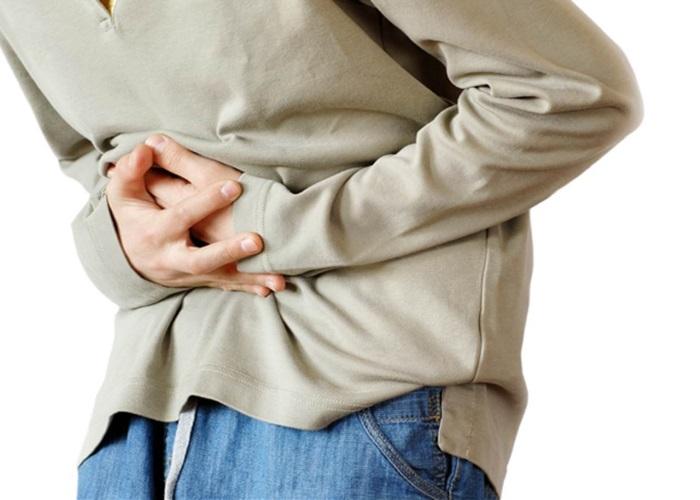
The causes of pain may be:
- constant consumption of fatty or spicy foods;
- binge eating;
- drinking and smoking;
- stressful situations;
- diseases of the gastrointestinal tract - ulcers, gastritis, pancreatitis, etc.;
- taking a large number of drugs;
- increased acidity;
- poisoning with toxic substances;
- prolonged fasting.
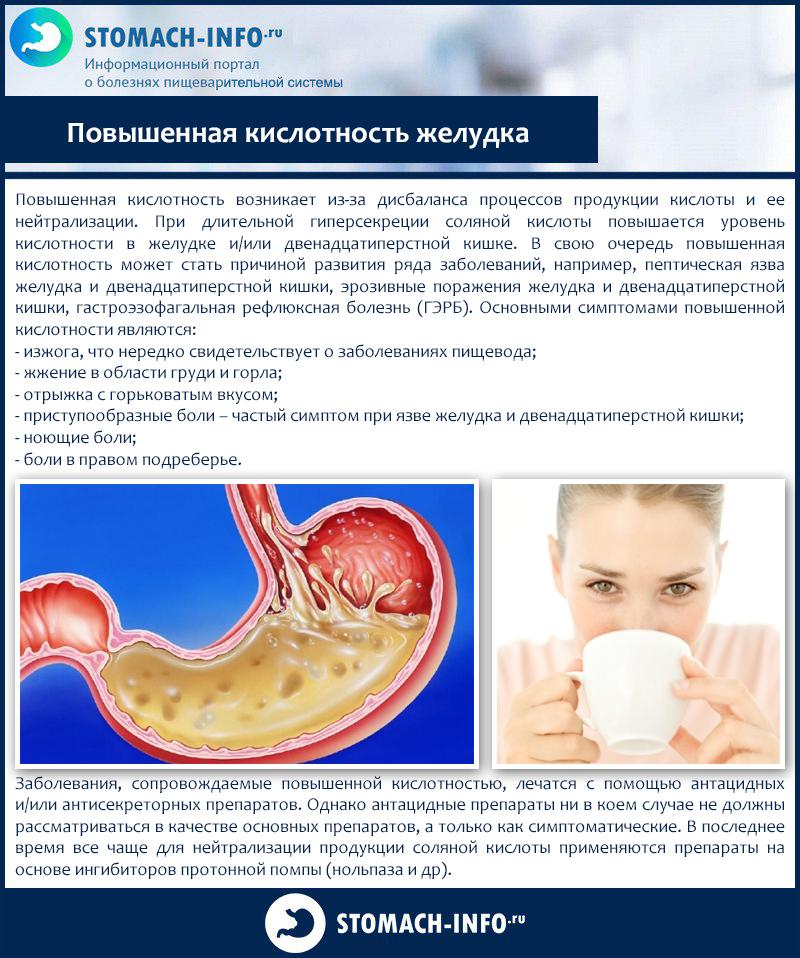
Attention! If you experience acute or systematic pain in the stomach, you should immediately visit a doctor. In some cases, a person may need emergency assistance, which can only be provided by an experienced specialist.

If the pain is acute and systematic, consult a doctor
Pathologies of other organs, in particular, the liver, kidneys, and pancreas, can also provoke pain in the stomach. The pain syndrome is also felt by a person with appendicitis. Often the pain is accompanied by other symptoms - nausea and vomiting, diarrhea, heartburn and headaches. The set of symptoms may vary depending on what caused the feeling of discomfort.
If pain in the stomach area appeared immediately after eating, it can be either a banal overeating or an ulcer, inflammation of the stomach, polyposis. Usually the pain syndrome goes away after the food is digested. If the pains appear some time after eating and are of an increasing nature, then they can signal developing pancreatitis, gastritis, cancer. Hunger pains come no earlier than 5 hours after the last meal. They have a pulling character and go away after eating. Usually such pains are noted at ulcers.

Medications and their impact
Fortunately, pain in the stomach is not always a sign of the development of a serious pathology. But in any case, this is a signal that cannot be ignored. It is important to pay attention to the stomach, change the diet to a more gentle one, give up bad habits and start leading a healthy lifestyle. Medications can help relieve pain.
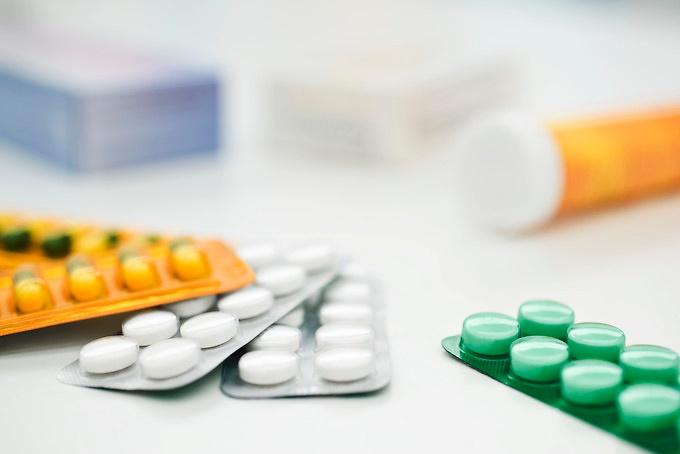
In each case, you need to use certain means. It is best if they are recommended by a doctor based on the diagnosis. However, symptomatic drugs will help to cope with momentary pain. They will not cure the cause, but they will relieve the pain. As a rule, these are ordinary antispasmodics or antacids.
Table. Types of drugs to eliminate unpleasant symptoms in the stomach.
| Group | Why take |
|---|---|
| Antacids | This type of remedy is used to reduce the acidity of the stomach. The drugs neutralize the gastric juice and thereby soothe the body. Helps with heartburn and pain relief. |
| Proton pump blockers | Such drugs reduce the amount of secreted gastric juice, as they have an antisecretory effect, soothe the stomach. As a rule, they are produced on the basis of omeprazole. |
| Analgesics | Drugs that relieve pain. |
| Antispasmodics | These drugs relieve spasms of the muscles of the stomach. |
| These funds will help protect the gastric mucosa from exposure to various substances. |
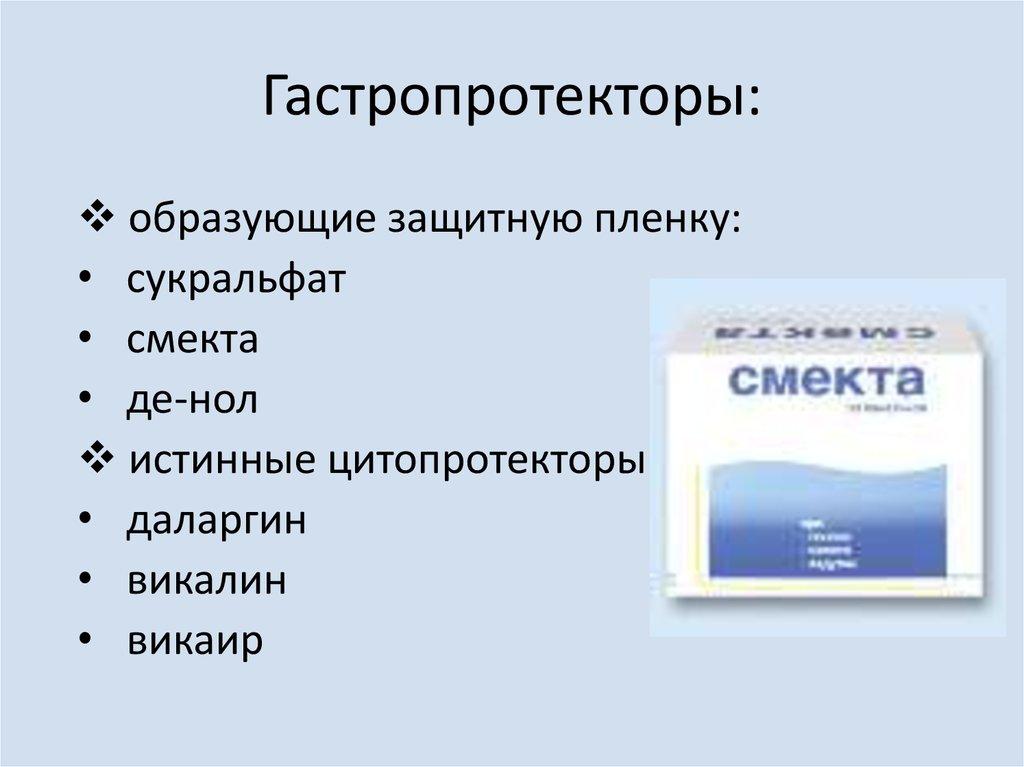
On a note! With pronounced acute pain, such drugs are usually powerless. Injection of analgesics intramuscularly or intravenously will be required.
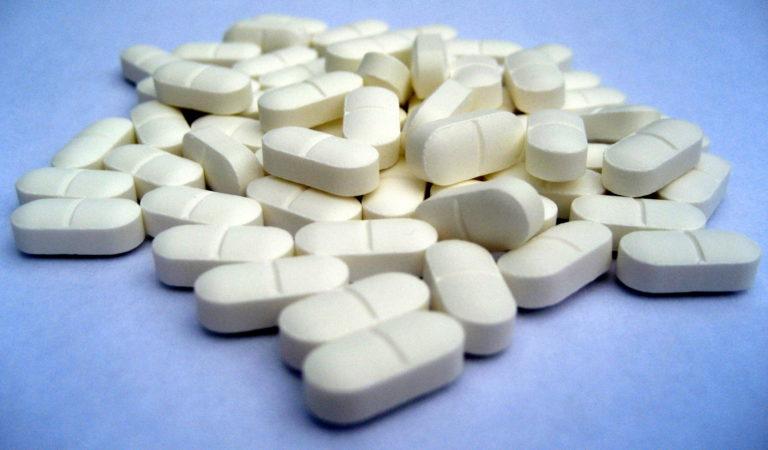
Contraindications
It is important to understand that any drug has side effects that can aggravate the condition of the body. It is required to thoroughly study the instructions before taking any pills. It is also advisable to consult a doctor before starting to take any medications in a course. For example, antacids can cause constipation.
Attention! If it is not possible to contact a doctor now, then the drug that has a favorable safety profile and the fewest contraindications should be taken.
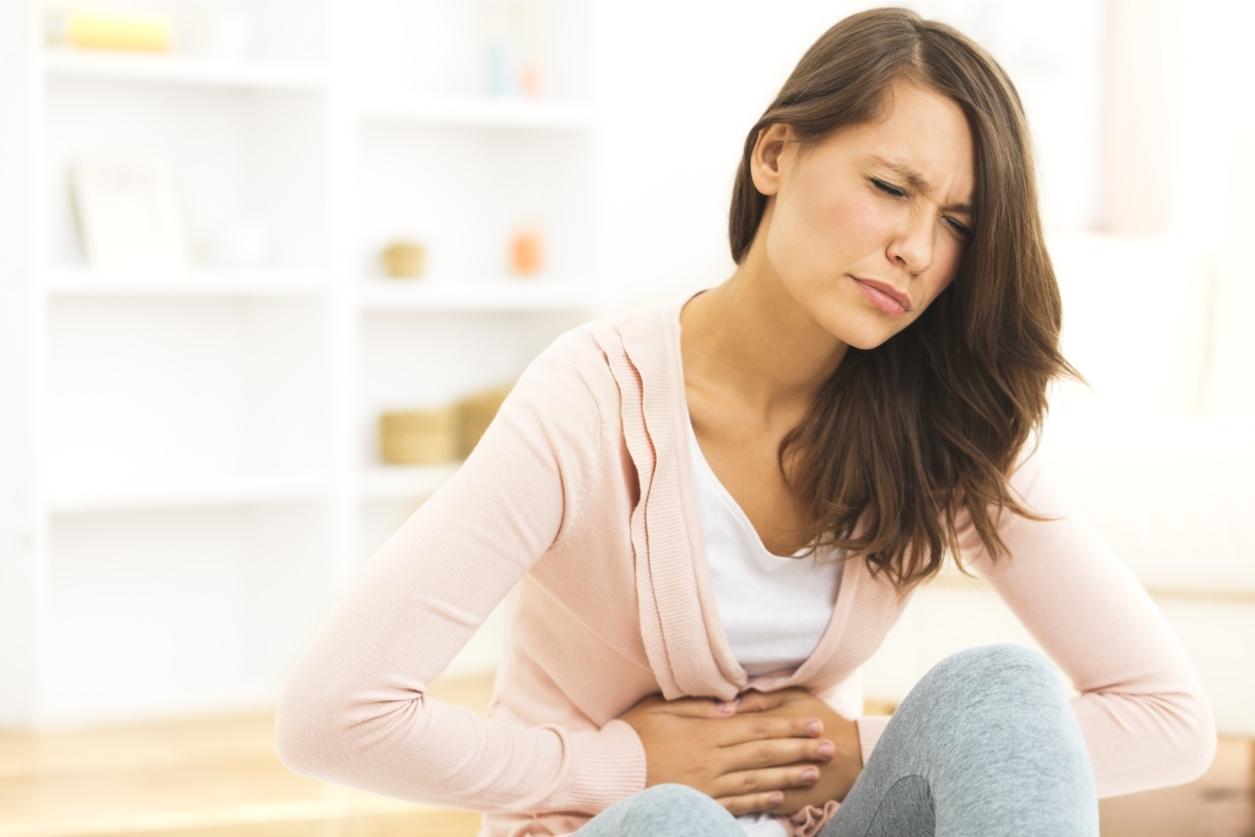
Contraindications to taking a number of drugs can be:
- pregnancy and lactation;
- intolerance to the components that make up the selected product;
- age up to 12 years;
- bleeding;
- a number of chronic diseases;
- kidney disease.
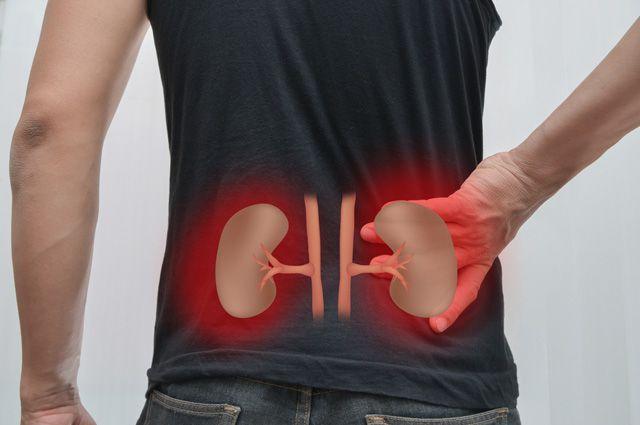
As for side effects, they are different for all drugs. However, common ones can also be distinguished - this is nausea, an allergic reaction, problems with defecation, headaches. But they don't always show up. It is important to follow the dosage of the drug indicated in the instructions, and then with a high probability of side effects can be avoided.
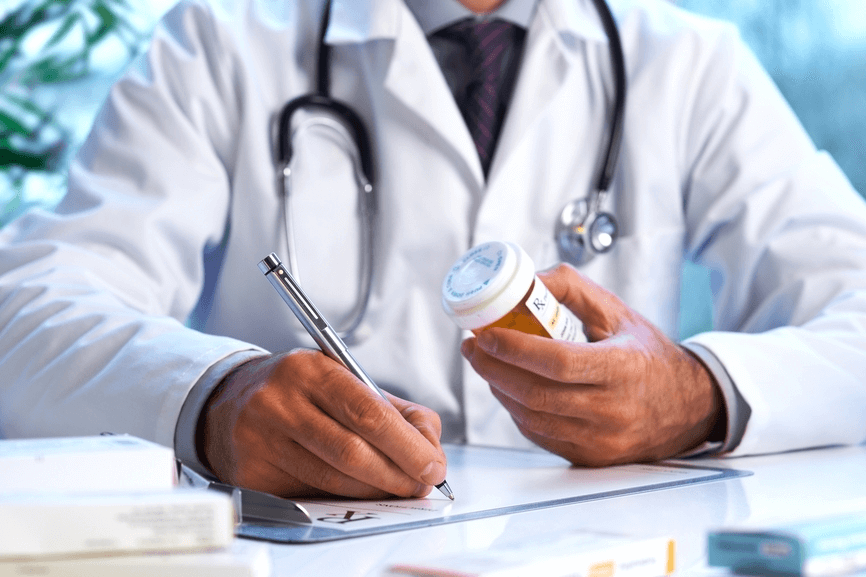
What pills to take?
What drugs are recommended to keep in the first aid kit in case of stomach pain? Among them, one can single out both expensive and cheap ones, a number of them have already been tested by time, but there are many tools that are quite new, but no less effective. The first aid kit may contain:
- Spazmalgon;
- No-Shpa or Drotaverine;
- Almagel;
- Omez or Omeprazole;
- Mezim;
- Espumizan.
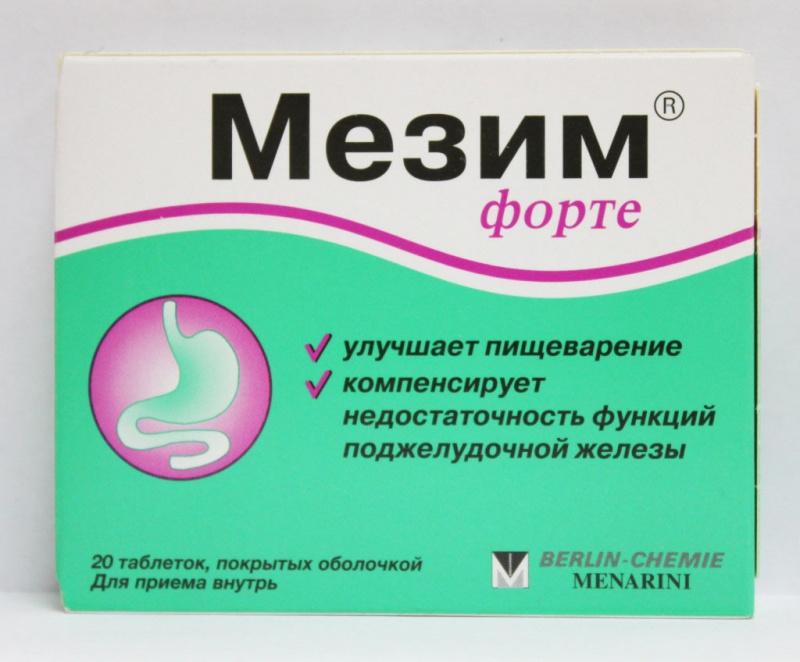

In general, all of these drugs have a minimum of contraindications and are able to put the stomach in order, relieve pain. If, after taking any of them, the pain has not gone away within an hour, then it is important to contact your doctor immediately.
Fortunately, many who already have certain gastrointestinal diseases always keep drugs recommended by doctors to eliminate pain in the medicine cabinet. For people suffering from gastritis, it is advisable to have Phosphalugel or Almagel, Mezim, Festal or Pancreatin on hand. They will help to pacify the pain and normalize the condition of the stomach.
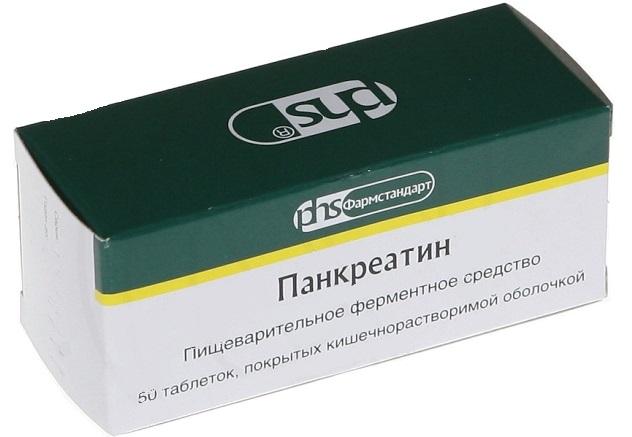
Those diagnosed with an ulcer are familiar with the acute pain that can occur after eating. They are often accompanied by nausea and heartburn. With exacerbations of the ulcer, you can take De-Nol, Azitral, Omeprazole.
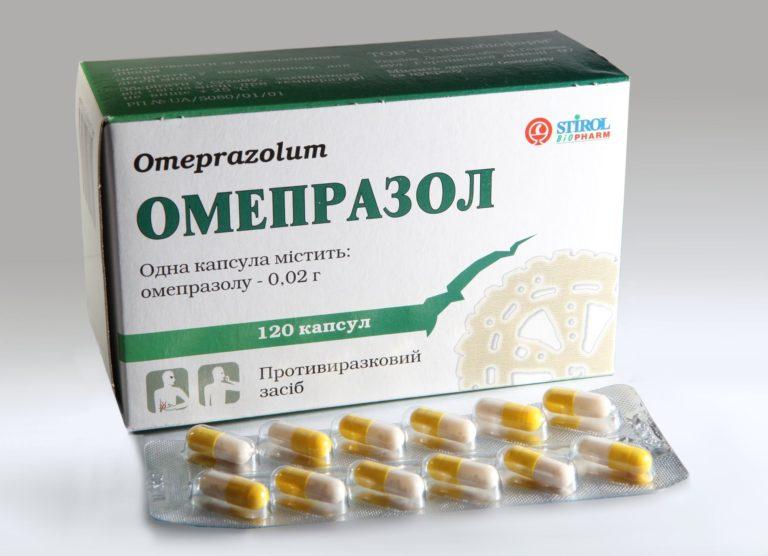
Pregnant women and children
These two categories of people need special treatment. Expectant mothers cannot take absolutely any drugs, because they are responsible for the unborn baby, and everything that enters their gastrointestinal tract will also enter the baby’s still fragile body. Children under 12 years of age react sharply to certain drugs and thoughtless use of drugs can cause irreparable harm to their body.
In pregnant women, stomach pain is not always associated with the development of pathologies. Most often, this symptom is noted when squeezing the internal organs of the uterus growing in size. Stress, toxicosis, infections can also provoke pain. It is best to eliminate the pain syndrome with alternative methods, and not with pills, and then only after consulting with a specialist. In some cases, the doctor may allow you to take No-Shpa.
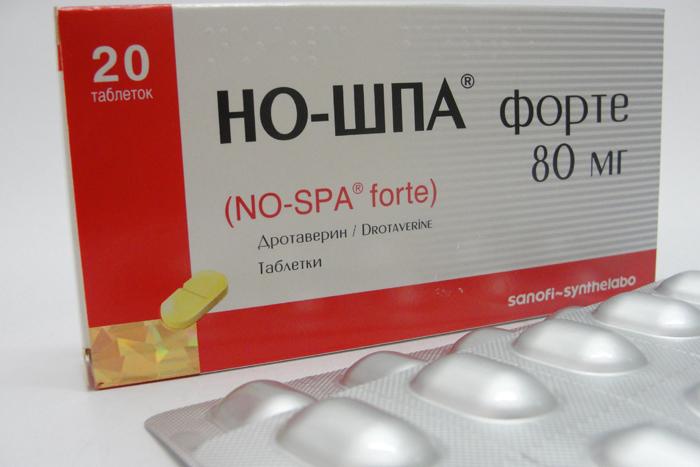
Attention! In the first trimester, stomach pain can signal an impending miscarriage threat!
Children often suffer from stomach pains. Usually the reason is banal - overeating, getting into the stomach of dirty food. In very young children, the pain is associated with colic. However, it is extremely difficult to determine the cause on your own and it is not recommended to self-medicate. However, very young children can be given Espumizan, Beybicalm, Samsimplex. For older children, doctors recommend giving Espumizan, Festal, Mezim.

The best drugs for stomach pain
Let's get acquainted with a number of drugs that are now most popular as remedies for stomach pain.
For example, the drug is considered a drug with a minimum of side effects, since it is not absorbed into the blood. It is often prescribed for those who suffer from gastritis and ulcers, and is also suitable for ordinary dyspepsia. The tool is made on the basis of bismuth dicitrate, which is able to create a protective film on the mucous membrane and thereby ensure its protection from the internal aggressive environment. Also, the drug relieves inflammation.
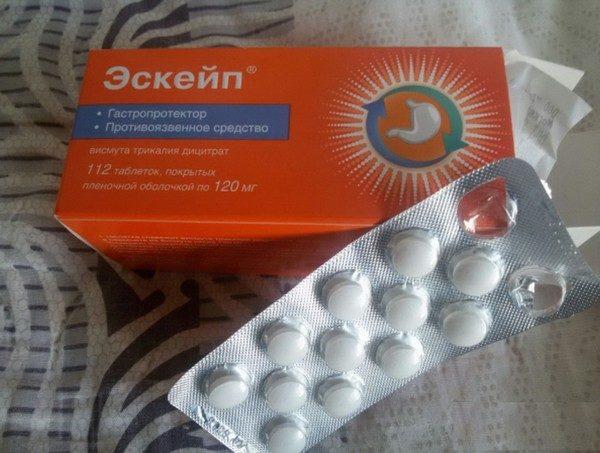
- Another popular remedy that is combined. It contains aluminum and magnesium hydroxide. The drug, like the previous one, creates a protective shell inside the organ, reduces the acidity of the internal environment. But this is not a therapeutic, but a symptomatic remedy, and its effect is not long-lasting.
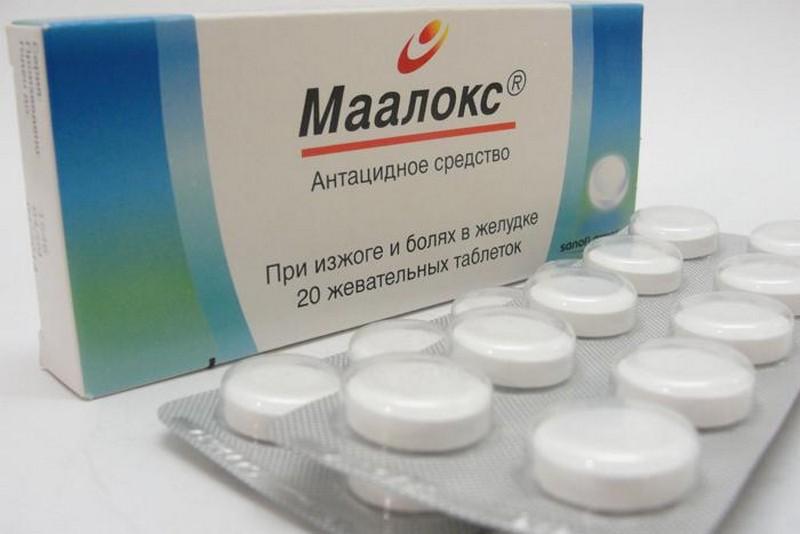
- an antispasmodic, which is prescribed if it is necessary to relax the muscles of the intestine. It is also a symptomatic drug and is not suitable for the treatment of pain.
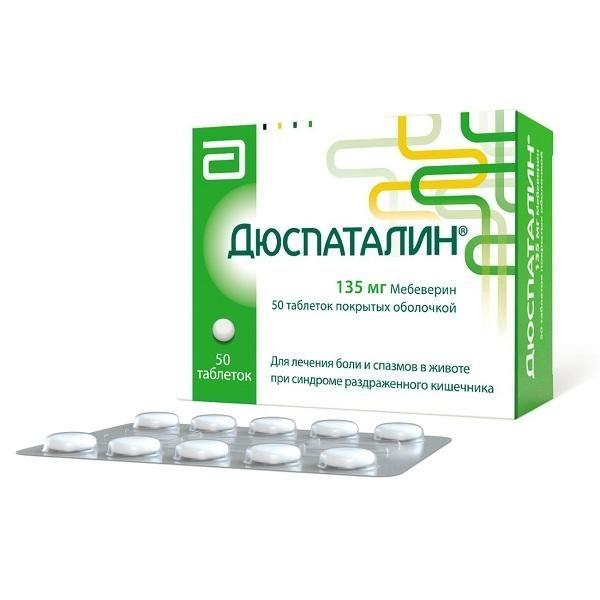
- an antacid agent based on calcium carbonate, sodium bicarbonate, also contains sodium alginate. It brings the acidity of the stomach to the minimum thresholds, normalizes the pH value, forms a protective film on the walls of the organ. It will help eliminate discomfort after eating, heartburn, reflux. But the remedy has a lot of contraindications.
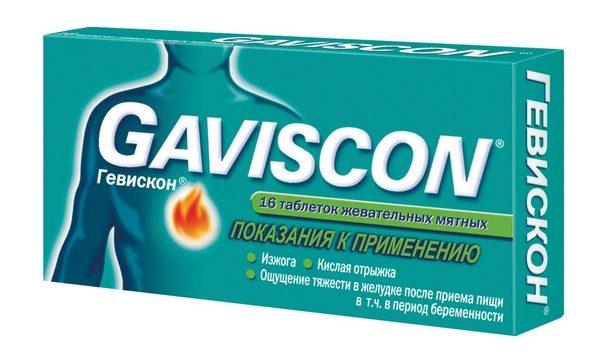
- a drug well known to ulcers. It eliminates the acidity of the stomach. It is usually taken in a long course.
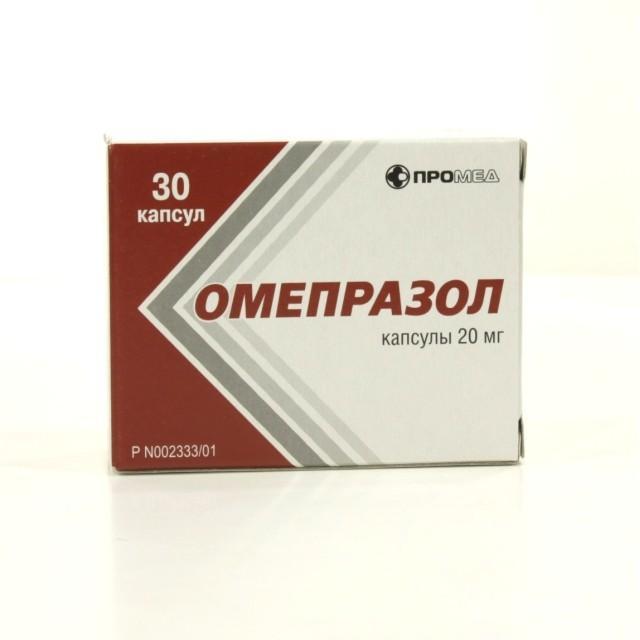
On a note! The most common cause of stomach pain is acidity. In this case, it is best to take Gaviscon or Becarbon. Alternatively, you can neutralize the acidity by taking a solution of soda.
Also, as drugs that eliminate pain in the stomach, you can use such as:
- Smecta;
- Antacid;
- De-Nol;
- Besalol;
- Gastromax;
- Omez;
- Festal;
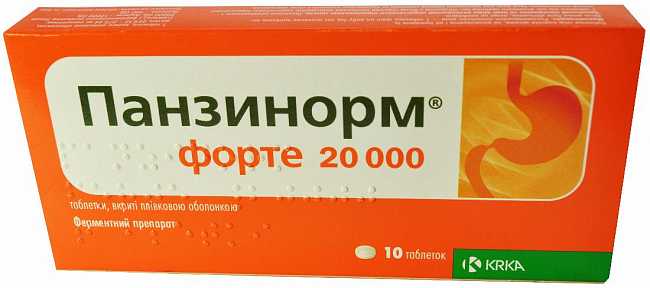
If the stomach hurts after any drugs, then, most likely, the rules for taking them were violated. It is important to carefully read the instructions and follow all the instructions exactly - for example, drink tablets only after meals with water. Otherwise, they may either not have the desired effect, or provoke discomfort in the stomach.
How to take pills?
Sometimes taking pills is quite a challenge for a person. Consider how you can force yourself to eat them.
Step 1. In order to eat a pill, you can use a piece of bread. It needs to be chewed and before the moment when you want to swallow it, a tablet is added to it. It should be swallowed with bread. You can also replace bread with cookies. After that, it is recommended to drink water.
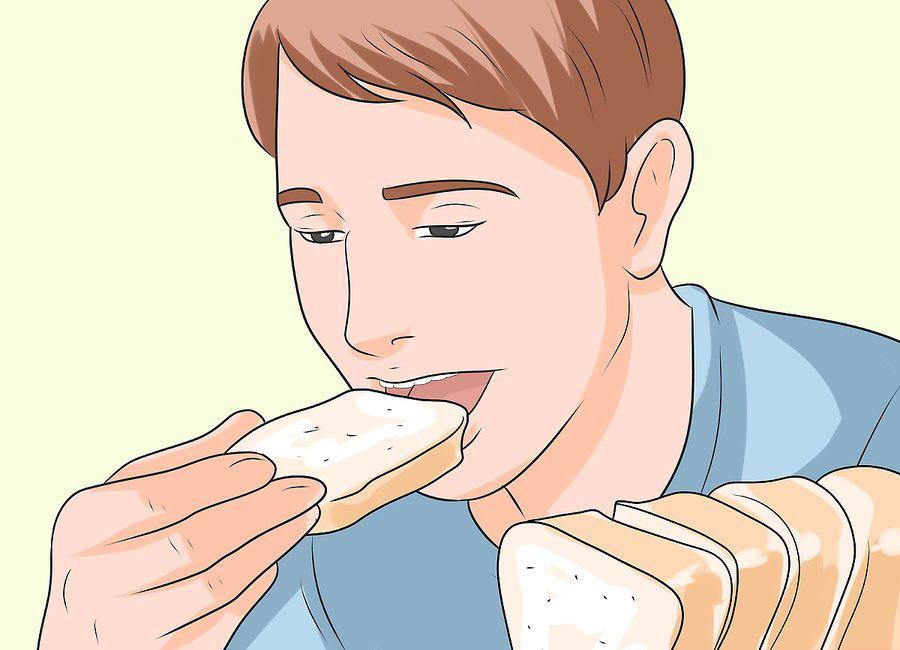
Step 2 The tablet can be stuck into a piece of marmalade and swallowed along with it. The main thing is not to chew the marmalade.
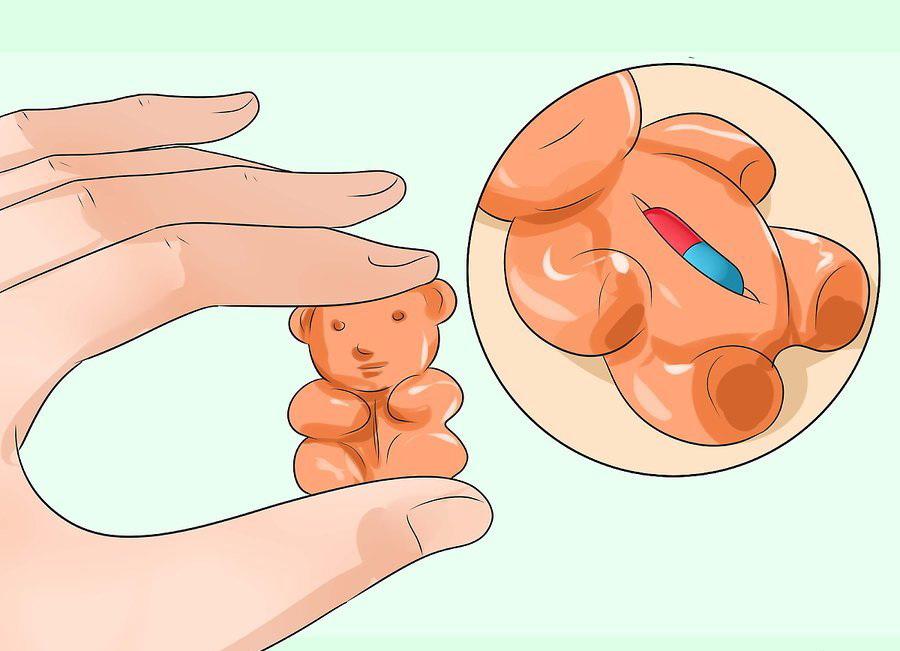
Step 3 You can also try swallowing a tablet placed in a spoonful of honey or peanut butter.
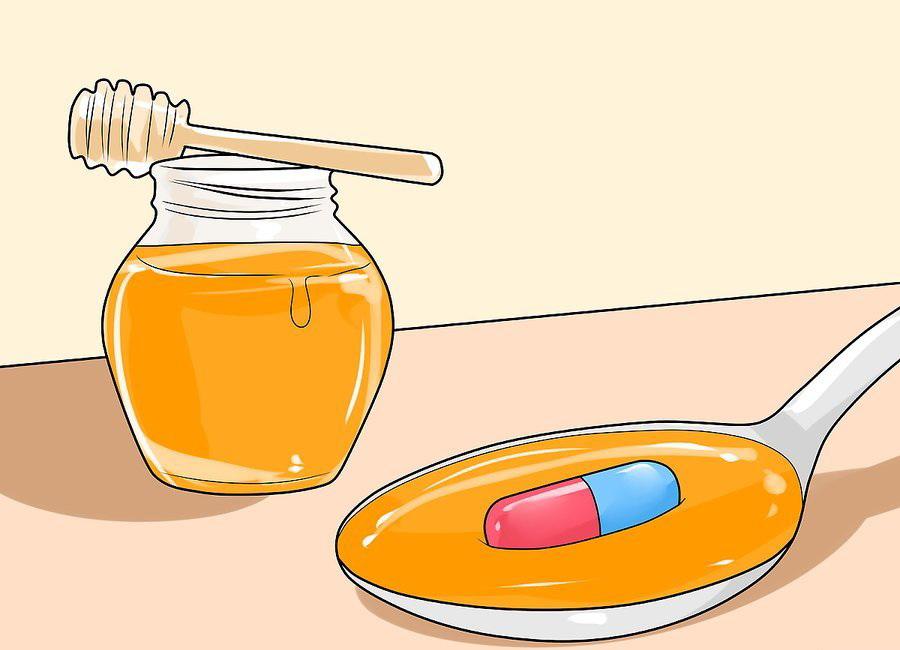
On a note! Options with the use of food are not suitable if the tablets need to be taken on an empty stomach.
Step 4 You can practice drinking pills on small sweets. They need to be swallowed whole.
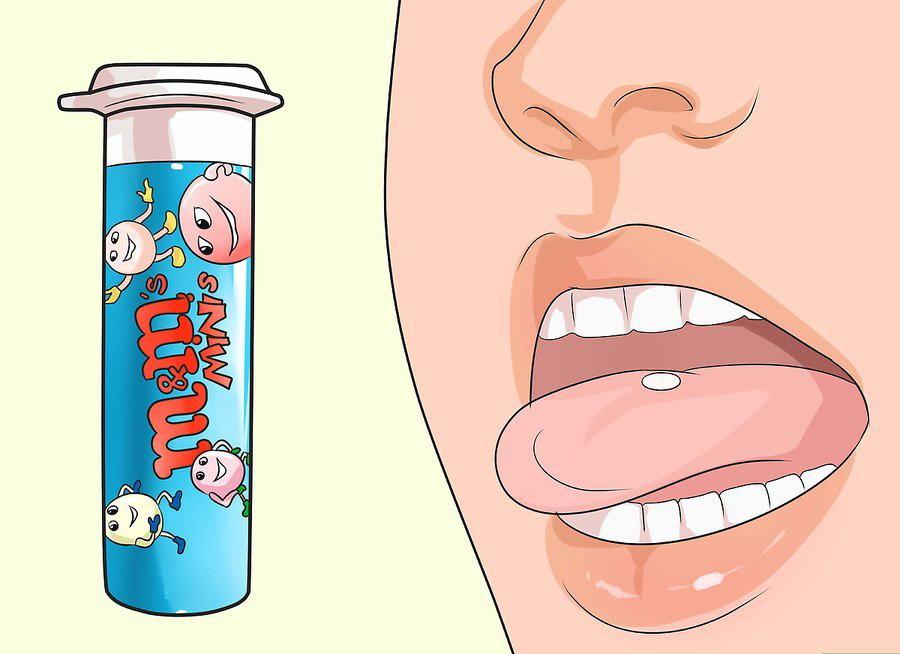
Step 5 The tablet can simply be put on the tongue and washed down with plenty of water. Usually, in the process of swallowing the liquid, the drug also goes into the stomach.
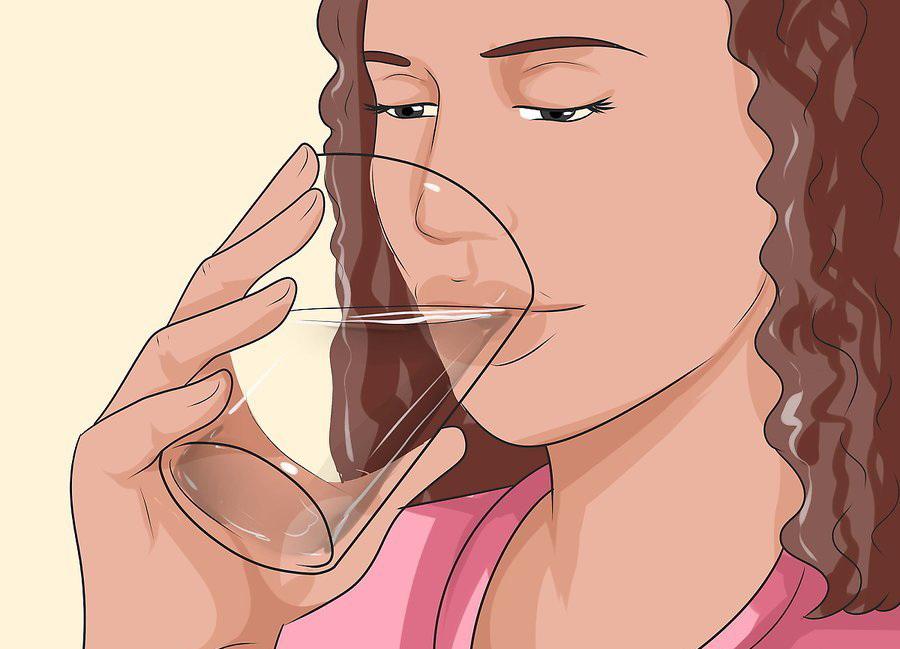
Step 6 Alternatively, you can use the two-sip method. To do this, the tablet is placed on the tongue, a large amount of water is taken into the mouth and swallowed, but without a tablet. The latter is swallowed when you re-take water in your mouth. The method makes it possible to open the throat as wide as possible at the first sip, and at the second it will be easier to swallow the pill.
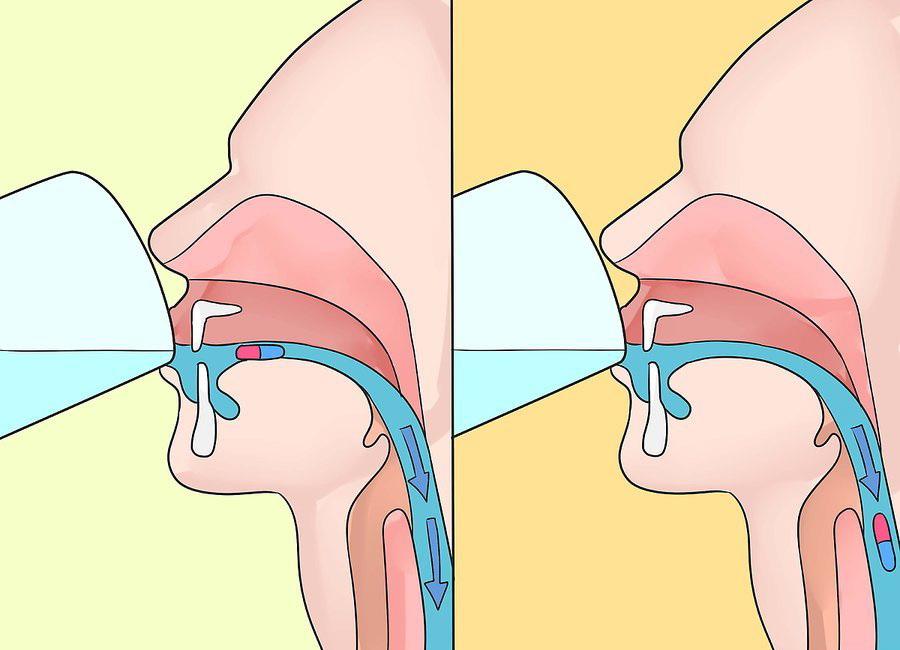
Step 7 Before taking the pills, it is best to relax, then the process will go much easier and more pleasant.
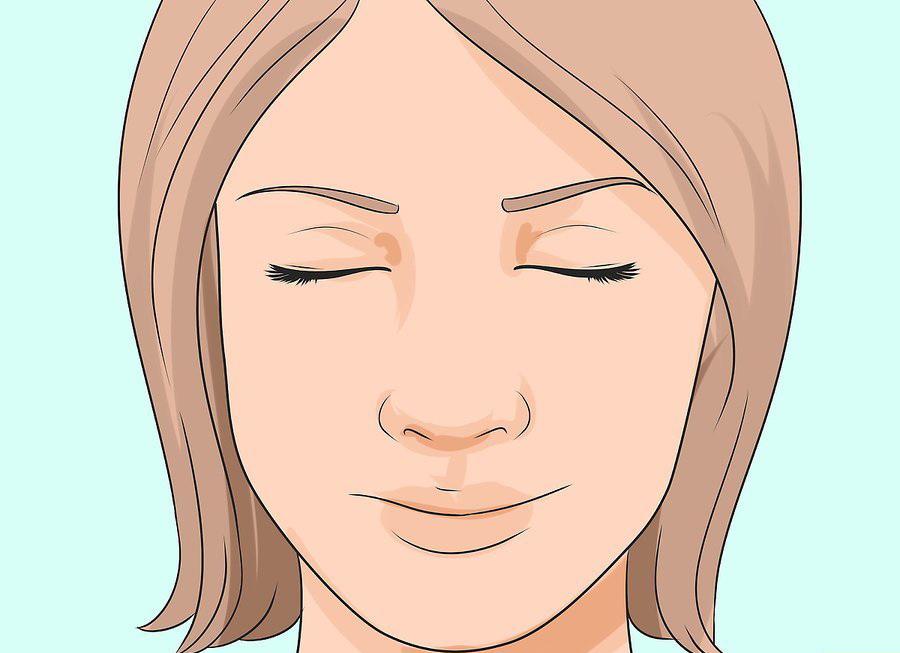
Video - Treatment of gastritis, ulcers, heartburn
Pain in the stomach can sometimes not only spoil a person’s mood for the whole day, but also disrupt plans. Often they are so unbearable that, apart from lying on the bed, nothing else works. But if you know which drug will help eliminate this symptom, then you can quickly return to your business. However, with frequent pain or extremely severe pain, it is important to immediately consult a doctor, avoiding symptomatic treatment.



